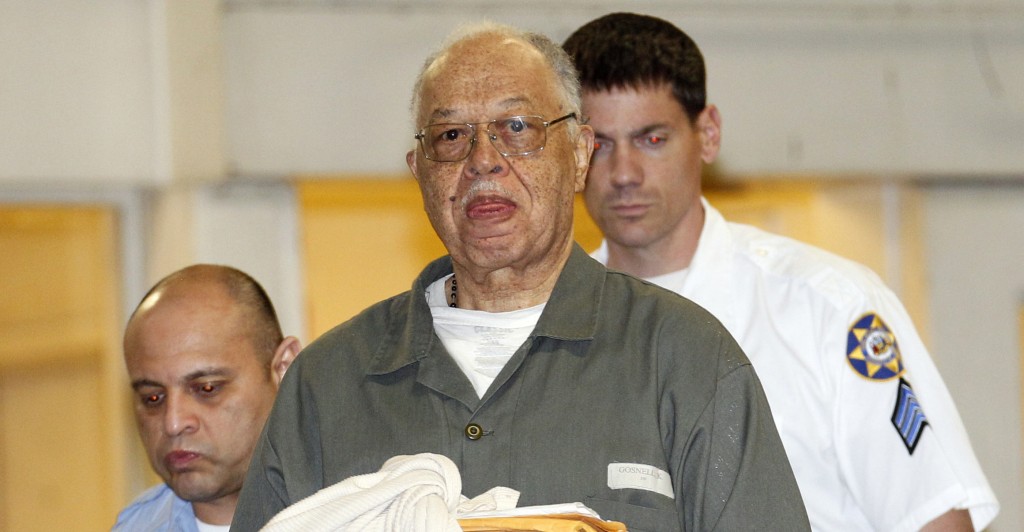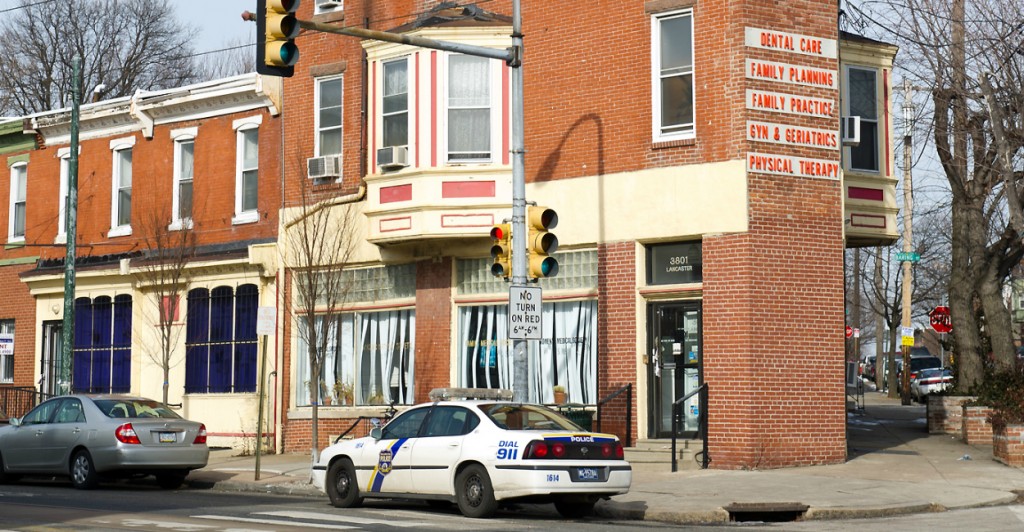‘Gosnell’ Movie Producers to Publish Book About ‘America’s Biggest Serial Killer’
Kate Scanlon /
Ann McElhinney and Phelim McAleer, the producers of the movie “Gosnell,” have signed a deal with Regnery Publishing to publish a book about the subject of their film, the late-term abortionist Kermit Gosnell.
In 2013, Gosnell was convicted on three counts of the first-degree murder of infants born alive and for the involuntary manslaughter of an adult patient named Karnamaya Mongar. He also was convicted of performing abortions beyond Pennsylvania’s 24-week limit.
In an interview with The Daily Signal, McElhinney said they decided to write the book because “there are so many stories that deserve to be heard.”
“It’s the right thing to do,” McElhinney said. “The movie can’t cover all of the detail.”
She said Gosnell is “America’s biggest serial killer,” but no one knows who he is.
“Countless babies were born alive and then murdered,” McElhinney said. “He is much worse than a psychopath. He’s a greedy opportunist who found his opportunity in the abortion industry.”
McElhinney is adamant Gosnell “is not an outlier,” despite claims to the contrary by abortion supporters.
“Lots and lots and lots of people knew,” McElhinney said. “There’s such a web of protection for the abortion industry. It’s beyond rationality to say that you have to take a hands-off approach to protect women’s choice. This is what happens.”
Gosnell’s illegal abortion practice was stopped only after he was discovered selling oxycodone for cash.
“How did this happen? How was this allowed to go on?” McElhinney said. “There are so many questions.”
She said that the book will “dig deep into what the abortion industry is all about.”
Much of Gosnell’s murder trial, she said, was devoted to explain what actually constitutes a legal abortion to the jury.
“None of them knew the law in Pennsylvania,” she said. “You can have an abortion up to six months.”
Gosnell murdered infants born alive by severing their spinal cords with scissors—a practice he referred to as “snipping.”
The severed remains of his victims were found in jars, buckets and bags in his unsanitary clinic.
McElhinney said the book will examine the “media blackout” that surrounded the case.
“It’s extraordinary, without social media, nobody outside of Philadelphia would have ever heard about it,” McElhinney said. “There’s something wrong, something rotten when journalists don’t report the news.”
McElhinney praised USA Today columnist Kirsten Powers for “breaking through the blackout.”
“She says ‘I just did my job.’” McElhinney said. “But when you’re the only one doing it, in my view that’s heroic.”
She promised the book won’t be only about the “really dark world” inside Gosnell’s clinic, but also will highlight heroes.
“It’s very, very shocking, but there are also such wonderful heroes,” McElhinney said. “Really marvelous people who did everything in their power to stop this.”
McElhinney and McAleer have studied the convicted killer for several years. Last month, they spoke with him in an exclusive prison interview.
She hopes the book will coincide with the release of the film and provide “supplementary” information about the case.


